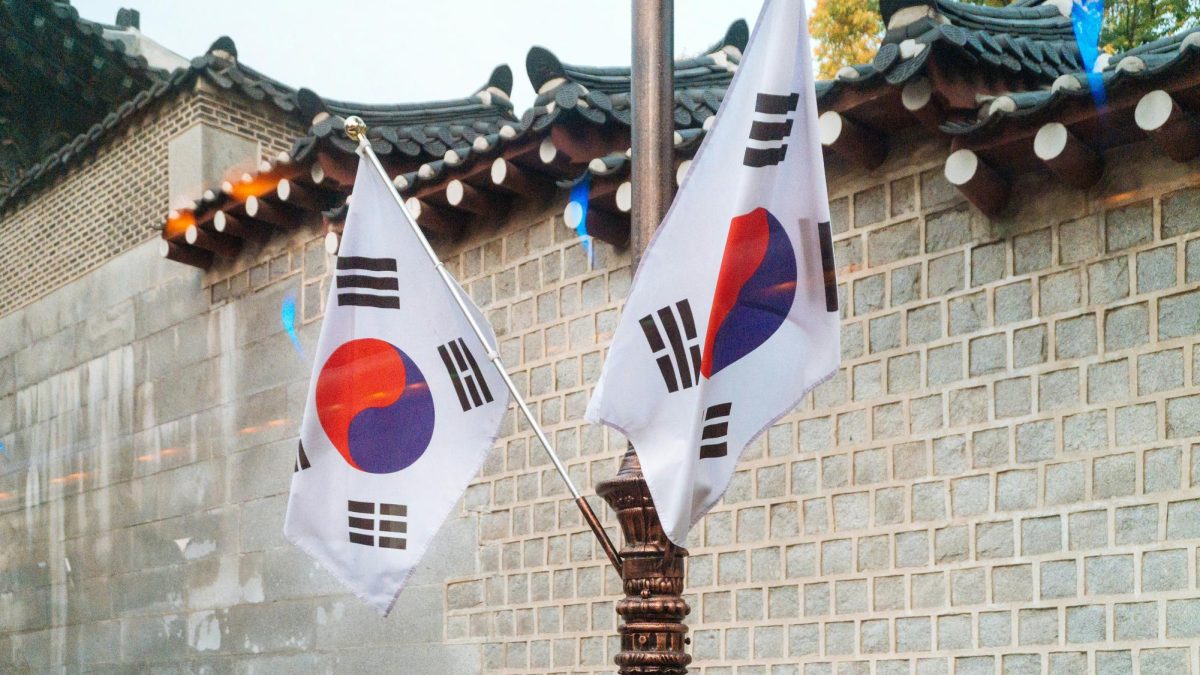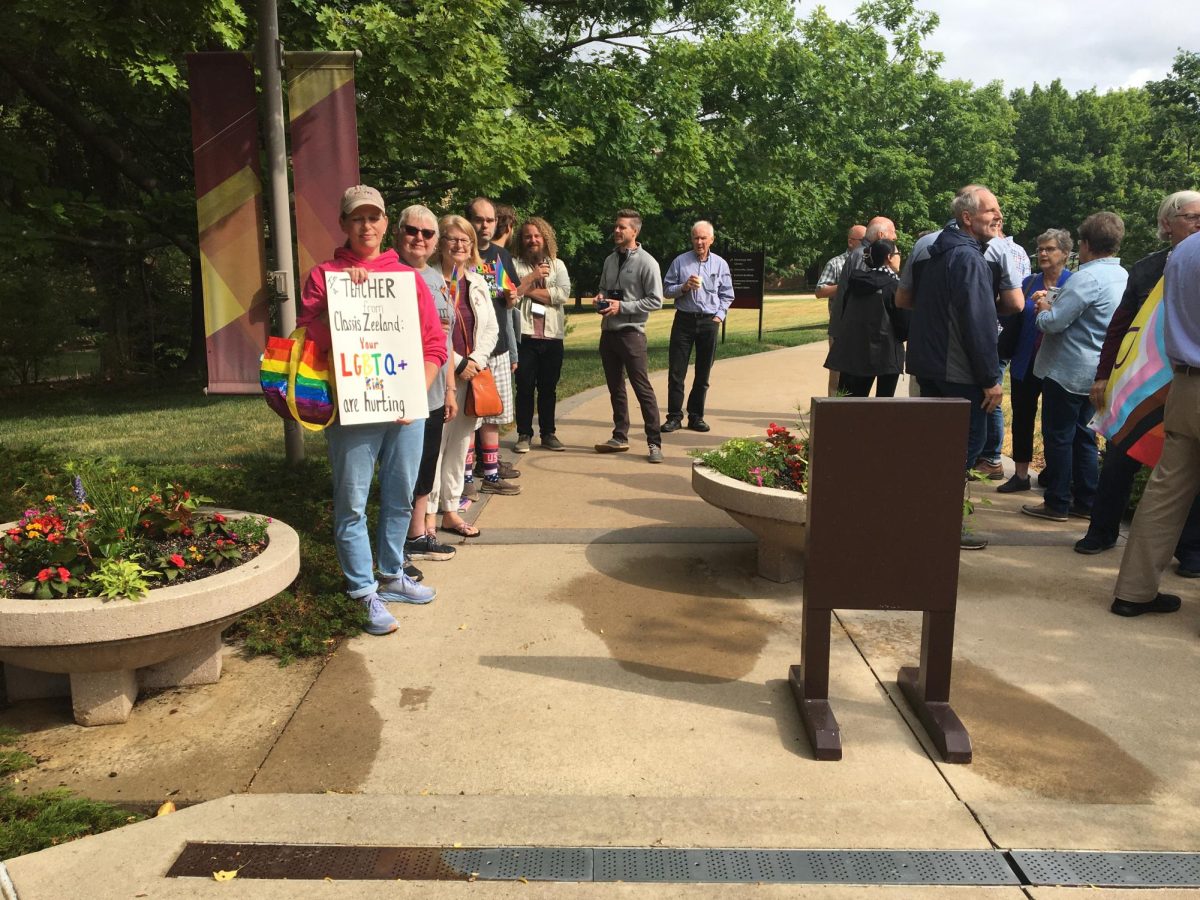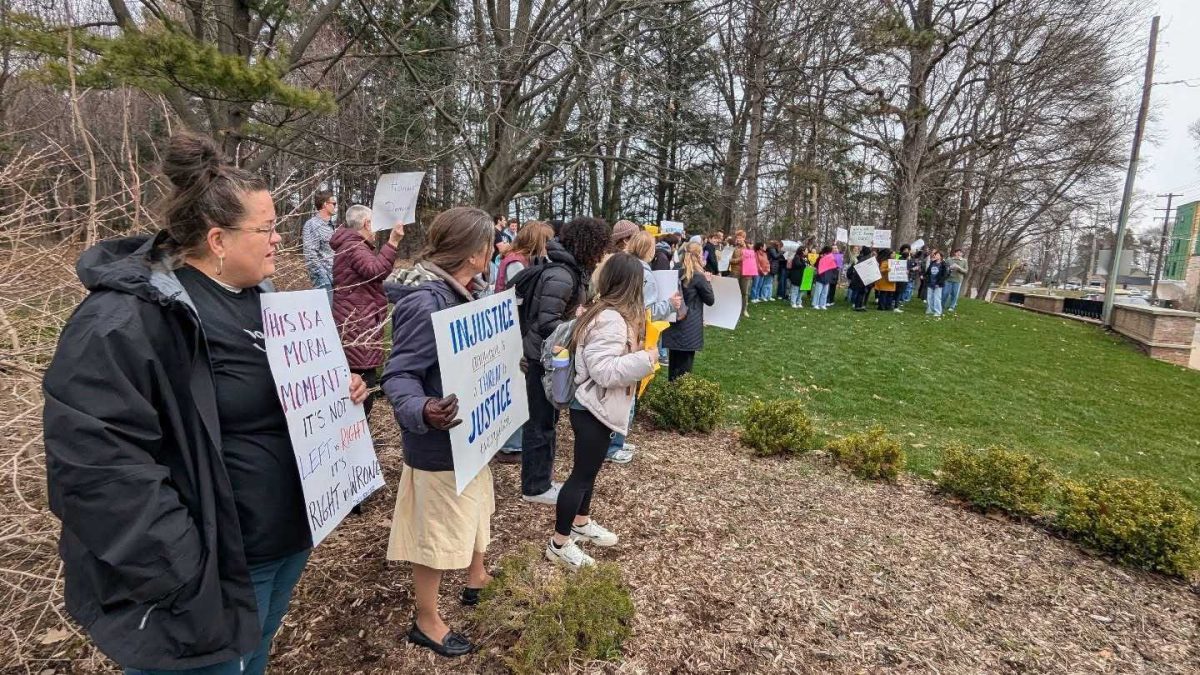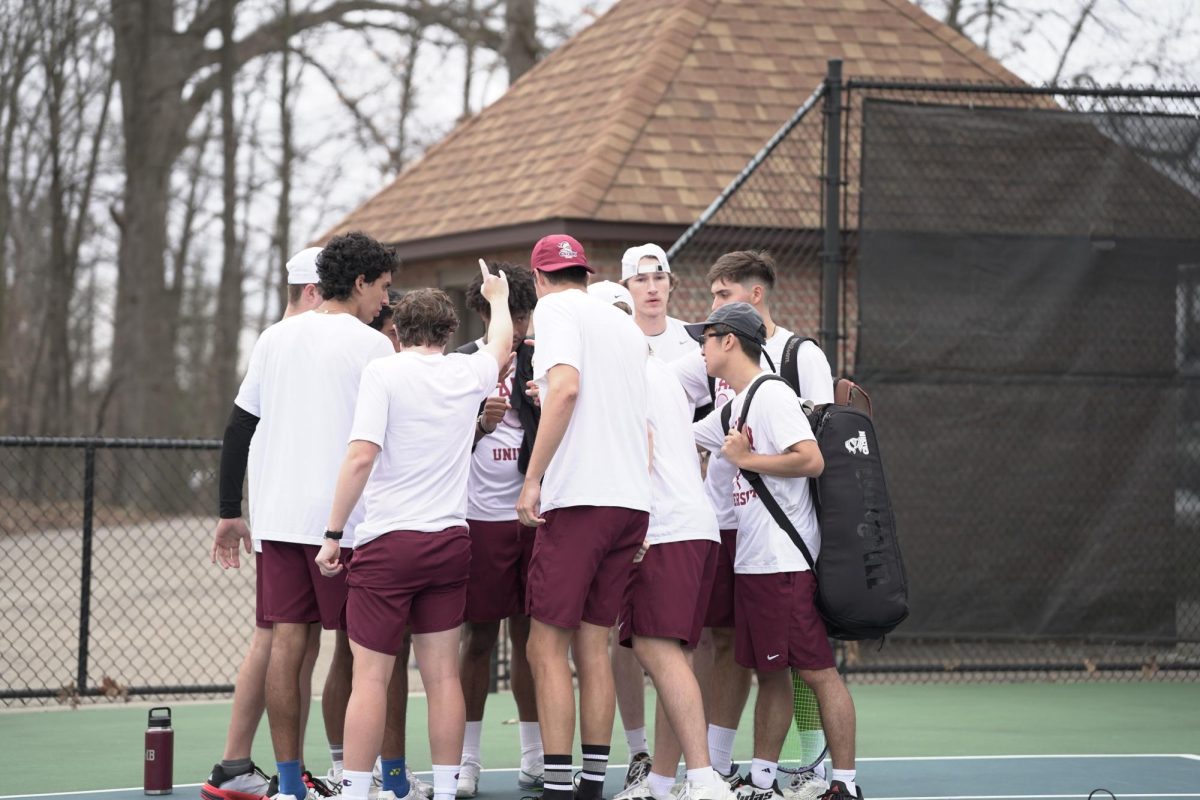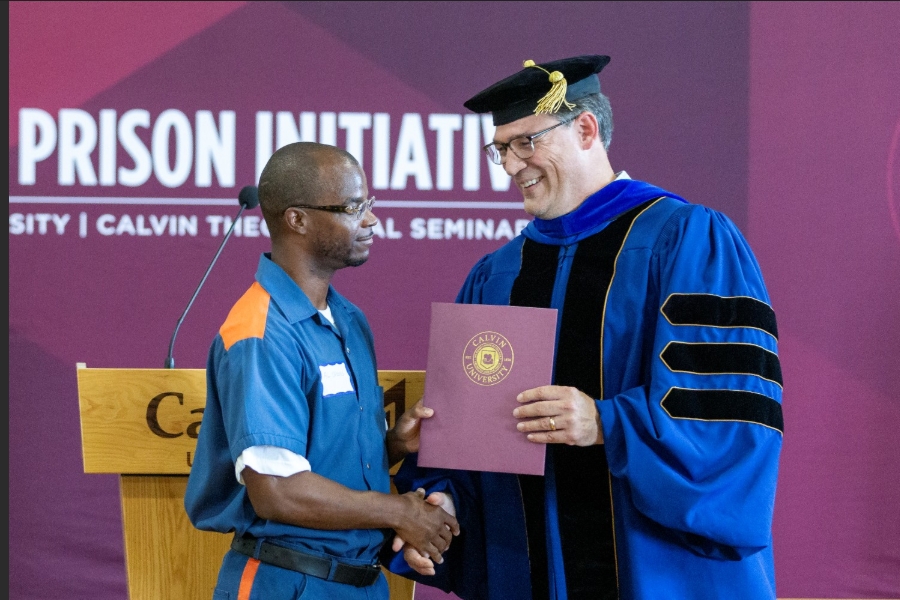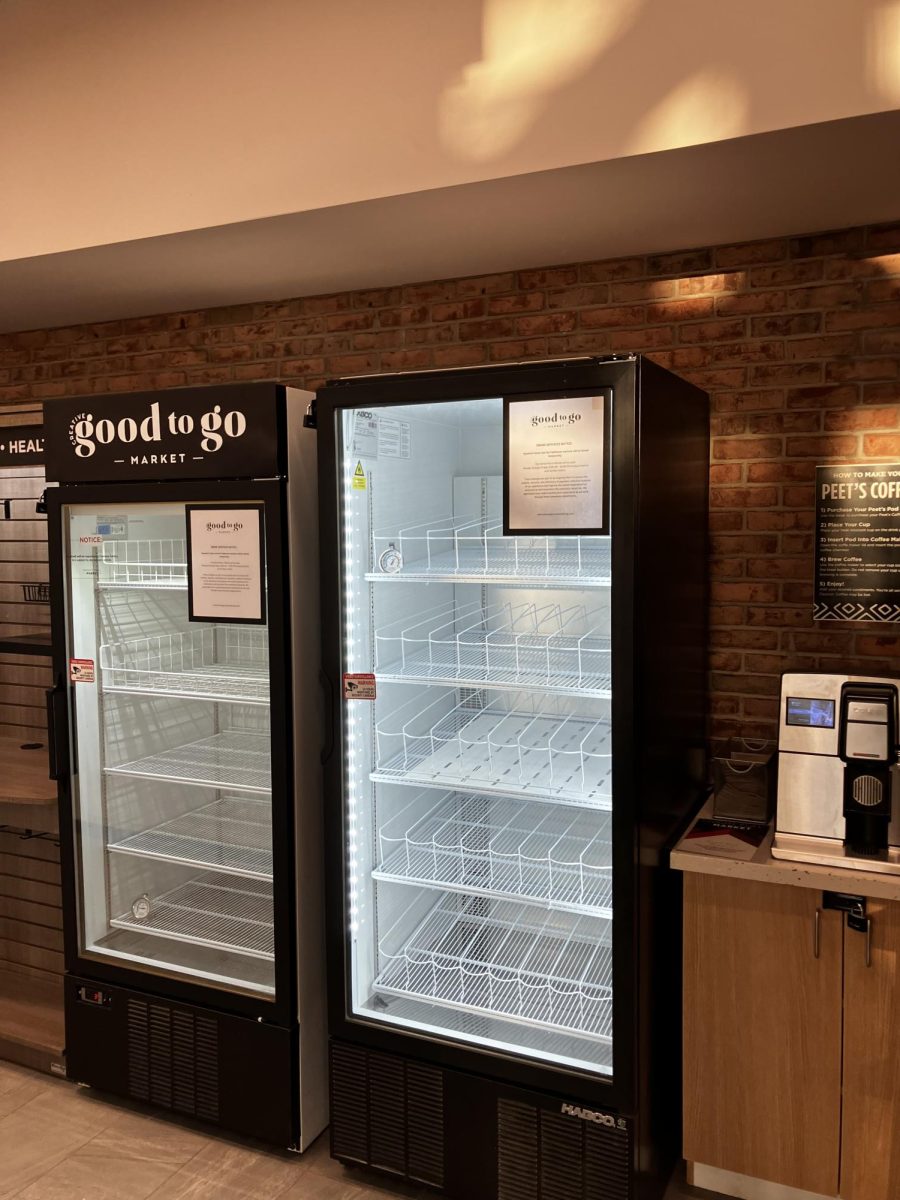Even nine months out, it’s hard to miss the news about the November U.S. presidential elections. Polls, primaries and a narrowing field of candidates headline the news daily.
Amid the constant media attention, one thing that can slip through the cracks is just how many countries head to their own polls in 2024. According to estimates by TIME Magazine, as much as 49% of the world’s population lives in a country with elections in 2024.
Tracy Kuperus, professor of politics, will be watching elections around the world closely. “Some of the outcomes are foregone conclusions, like the general election in Russia. We know Putin will win, but others are bellwethers for the status of democracy worldwide,” Kuperus said.
Many of Calvin’s international students come from countries holding elections in 2024. Students from around the world plan to participate in their elections — despite obstacles of busyness and distance — showing an impressive degree of dedication to their political process.
Following politics overseas
“I’ve always been very interested and invested in politics, and yeah, I followed politics back home,” Jeremiah Joseph, a sophomore from Rawalpindi, Pakistan, told Chimes.“When I came over to the U.S., it was a new country with a new political atmosphere, new dynamics –– so I got invested in American politics as well.” Joseph follows politics through the news and conversations with family back home.
The Pakistani general election, where a caretaker government will hand over power to newly elected leadership, is scheduled to take place on Feb. 8. Joseph, who plans to vote by mail-in ballot, noted problems with securing enough funding to run elections smoothly. “Last year at least, there were major issues, and people are doubting whether the elections are going to even happen,” Joseph said. However, with the scheduled date nearer, Joseph is hopeful. “We have a green light now. We’ll see how it goes.”
In Indonesia, the world’s third-largest democracy, the 2024 presidential election will take place on Feb. 14. Sam Tatontos, a sophomore from Depok, Indonesia, plans to carpool to the consulate in Chicago with several friends in order to vote. Tatontos generally sees news about Indonesian politics on social media first. “I always wonder: ‘Is it true?’ and then look it up to find a reputable source,” Tatontos said. As an international relations major, Tatontos says his most important concern is how the new president handles foreign policy.
Ghana is scheduled to hold presidential elections on Dec. 7 of this year. Clive Amoh, a senior from Accra, Ghana, follows Ghanaian politics because of his plan to work in construction in Ghana after finishing school. “Back home, now that I have a job, politics actually matters,” he said. Amoh told Chimes that family members and social media help keep him informed. “How the construction industry works, you actually need contracts from the government, so it matters how things are going in the government,” Amoh said.
South Korea will hold elections for its legislature, the National Assembly, on April 10. However, Yoseob Lim, a senior originally from Uijeongbu, South Korea, said he’s been following recent developments in the Middle East much more closely. Lim, who grew up between South Korea, China, Jordan and Israel, called the war in the Middle East “heartbreaking.”
Lim follows politics in the Middle East in part to remind himself that studying in the United States is “such a privilege,” he told Chimes. “I would love to have more people be interested in the lives of refugees, especially in the Middle East. Right now, there are so many people who are having very miserable life conditions… I want more people to be interested in their lives, rather than focusing on our own lives,” Lim said.
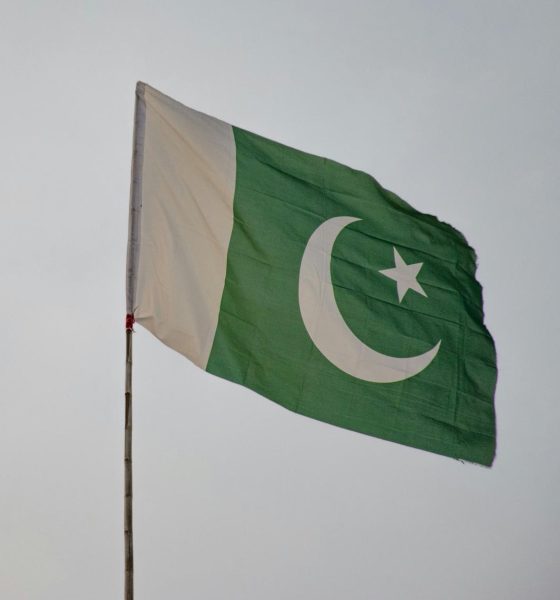
Obstacles of time and distance
Angel Setor Smith, a sophomore from Accra, Ghana, said she doesn’t follow politics in either Ghana or the United States very often. Like many students who can feel overwhelmed during the semester, she said she follows politics “a bit more passively than I ought,” due to a lack of time and energy. When Setor Smith does search for political information, it’s usually about the United States and tied to her political science coursework.
Joseph said that even for someone very interested in politics, it’s much easier to follow the headlines during the summer. “Now that I’m busier with my semester and lots of other stuff, it’s harder to keep up with politics,” Joseph told Chimes.
The physical distance can be just as difficult as the busy pace of academics. “Sometimes being away, you lose touch with a lot of things. Because now you’re here, right?” Amoh told Chimes. “That’s your new reality. So in some ways, you’re forced to only pay attention to the U.S.” However, Amoh still said he wishes more international students were engaged with politics while studying at Calvin.
Zuriel Linares Herrera, a junior studying marketing management and film media, came to Calvin from Miami and is originally from Venezuela. Presidential elections in Venezuela are scheduled to happen this year but have been delayed repeatedly, with opposition politicians being jailed or disqualified. Incumbent President Nicolas Maduro is all but guaranteed to win another term.
“It’s hard for us whenever we hear a lot of news that gives us hope because very often, our hope is just on the floor,” Herrera told Chimes. Since coming to the U.S., Herrera has mainly kept up on Venezuelan politics through friends. “Those who are aware of the situation in Venezuela are always asking me: ‘Oh, what do you think of this? Oh, did you read this article? Oh, did you know that there are going to be elections this year?’ People who know that I’m from Venezuela are always checking for information.” Herrera said these conversations help keep her aware. “It wakes me up.”
Looking towards the future
When it comes to American politics, immigration and visa policy are the most important issues for international students who plan to live in the U.S. long-term. For Herrera and her family, who came to the U.S. as refugees, the temporary protected status of Venezuelan refugees is “a huge concern.”
“Whenever we hear that there is a movement about someone approving a law, either for Venezuelans or immigrants in general, it’s kind of nerve-wracking, because we know we are on the very edge, and anything can be impactful to our status,” Herrera said.
Lim says that for seniors interested in finding work in the U.S. like himself, the months before graduation are “a time to be a little more cautious and a little more focused on what’s going on, so we can plan our future.”
According to Lim, a common perception among international students is that working and staying in the U.S. is getting harder. “A visa, especially for a working visa, is now getting harder to get, since there seems to be a transition of politics, you know?” Lim said.
The people behind the politics
Lim wants Calvin students, no matter where they’re from, to pay attention to the people affected by political decisions. “I think it’s really important for us to not just care about our own lives, or about how to live well in this world on our own. It’s more about caring, loving our neighbors as a Christian, you know?” Lim said.
According to Kuperus, caring about politics in countries that are far away is “part of our calling” emphasizing a Christian “responsibility to learn about and serve others in the pursuit of justice for all.”




